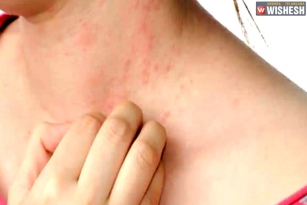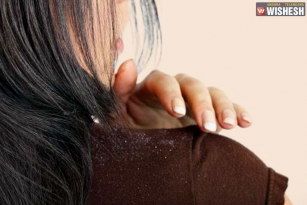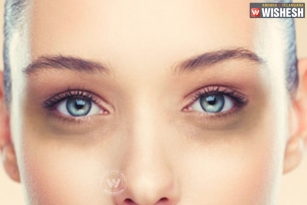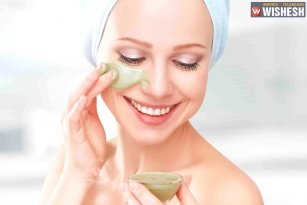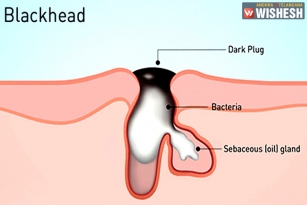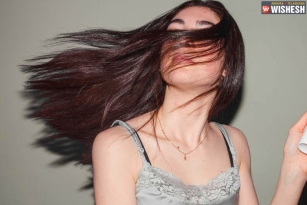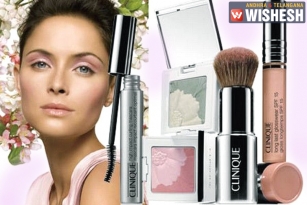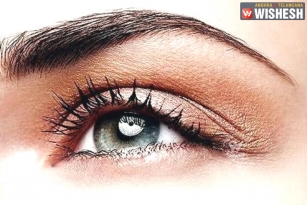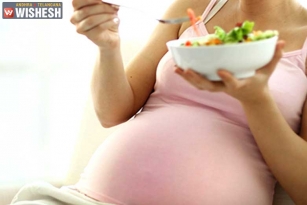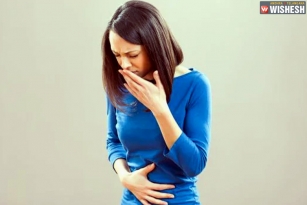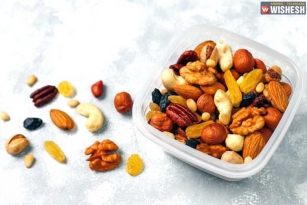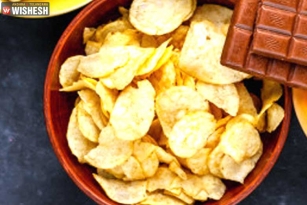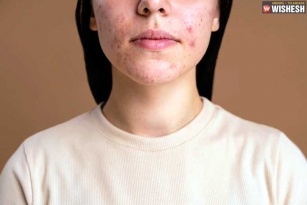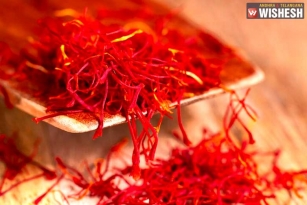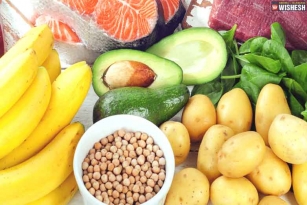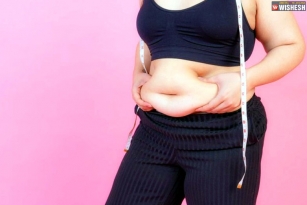
This is not just an attractive tag line to promote a hair product, but a fact... for your hair to be long and beautiful, it should be long first... apart from taking all that extra care for your hair, let us have a look on how to keep a check on our diet, for a strong, beautiful and healthy hair, that would double your beauty;
Lack of protein can cause the hair to become thin, break and become pale due to loss of pigment.
A lack of essential fatty acids can lead to development of dandruffs and make your hair dry, brittle, and slow growing.
Foods that can provide the required essential fatty acids and Omega 3 Fatty acids include: salmon, walnuts, spinach, mackerel, herring, sardines, trout, flax, hemp seeds, walnuts, pumpkin seeds, soybeans, and whole grain products.
Vitamin A helps to produce and protect the oil in the scalp. Note that excess of vitamin A (due to supplements) causes hair loss. It is easy to get significant amounts of Vitamin A from sweet potatoes, carrots, spinach, kiwi, oysters, yogurt, salmon and tomatoes.
Lack of Vitamin B causes slow growth and leads to weak and brittle hair shafts. Vitamin B6 helps create melanin, which gives hair its color. Although there is no evidence that this vitamin has useful effect, Vitamin B7 is now a common additive to commercial shampoos (check the label of your shampoo).
The best sources of Vitamin B include: walnuts, yoghurt, spinach, wild salmon, spinach and oysters.
Another very beneficial micro nutrient is vitamin C, which plays an important role in both maintaining great hair and fabulous scalp. Deficiency of Vitamin C can cause hair breakage.
It is basic to acquire sufficient vitamin C from most of these foods: peppers, blueberries, sweet potatoes, spinach, tomatoes,oranges, strawberries, lemons, and broccoli.
Vitamin E is an antioxidant which helps protect scalp’s natural oils. Good sources of vitamin E include wheat germ, sunflower seeds, safflower & sunflower oils, almonds, peaches, prunes, cabbage, asparagus, and avocados.
Iron plays a role in hair health because it helps red blood cells carry oxygen to the hair follicles. It has been well established that women with hair loss and baldness often have low levels of iron in their blood. The best sources of iron are oysters, spinach, and tomatoes. Other animal sources of iron include lean beef, turkey, duck, lamb, chicken, pork, shrimp, and eggs. Good plant sources of iron include soybeans, lentils, beans, and bran.
Selenium helps keep skin supple and elastic by preventing cellular damage from free radicals. Paradoxically, too much selenium can cause hair loss. Eating any of the following foods will deliver significant amounts of selenium: salmon and oysters, tuna, crab, whole wheat bread, wheat germ, garlic, eggs, and brown rice.
In the human body, silicon is found in high concentrations in the skin and hair. It is important to the health of the scalp, plus it helps strengthen the hair. High-fiber diets contain lots of Silicon, which is widely distributed in whole grains, bananas, root vegetables, rice, soybeans, and many other foods.
Sulfur is present in cysteine, an amino acid that makes keratin and is crucial to hair growth. Sulfur helps body to create longer, stronger hair. Consuming any of the following food will provide sufficient Sulfur; eggs, meat, fish, dairy products, onions, and garlic.
A zinc deficiency can cause, hair loss, loss of eyelashes and cause the scalp to become dry and flaky. Zinc is an antioxidant and helps guard against free-radical damage to the scalp.



